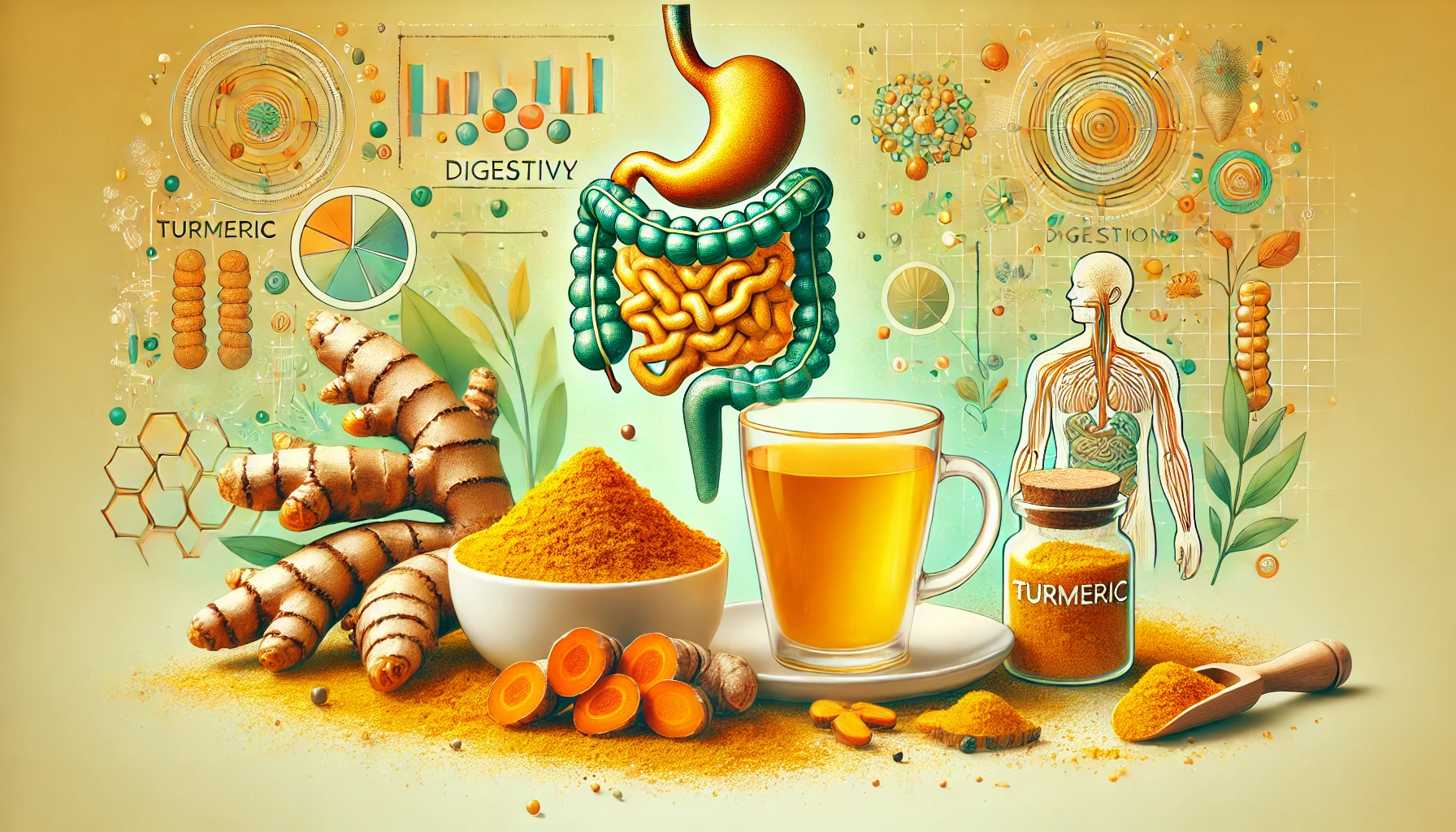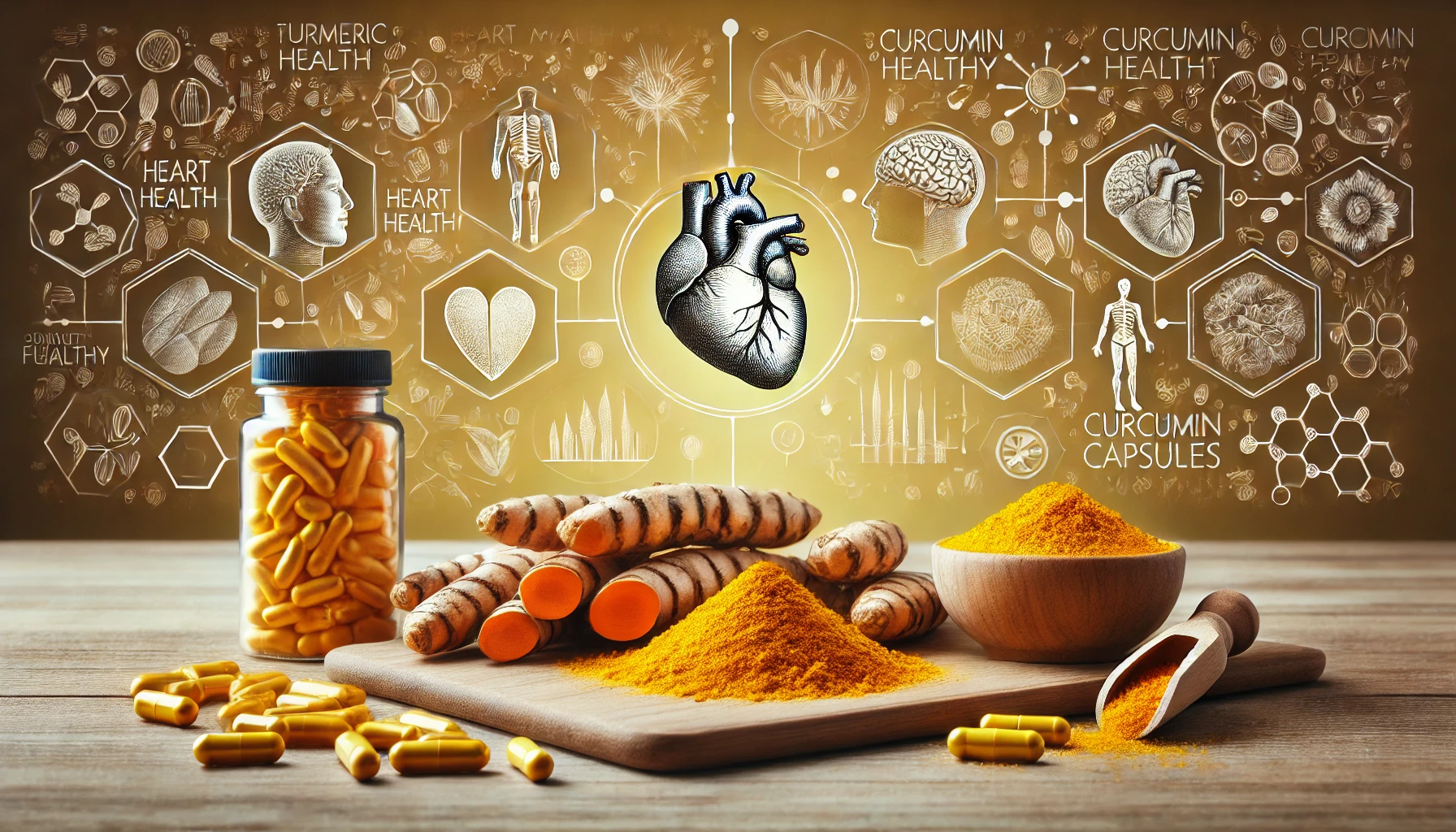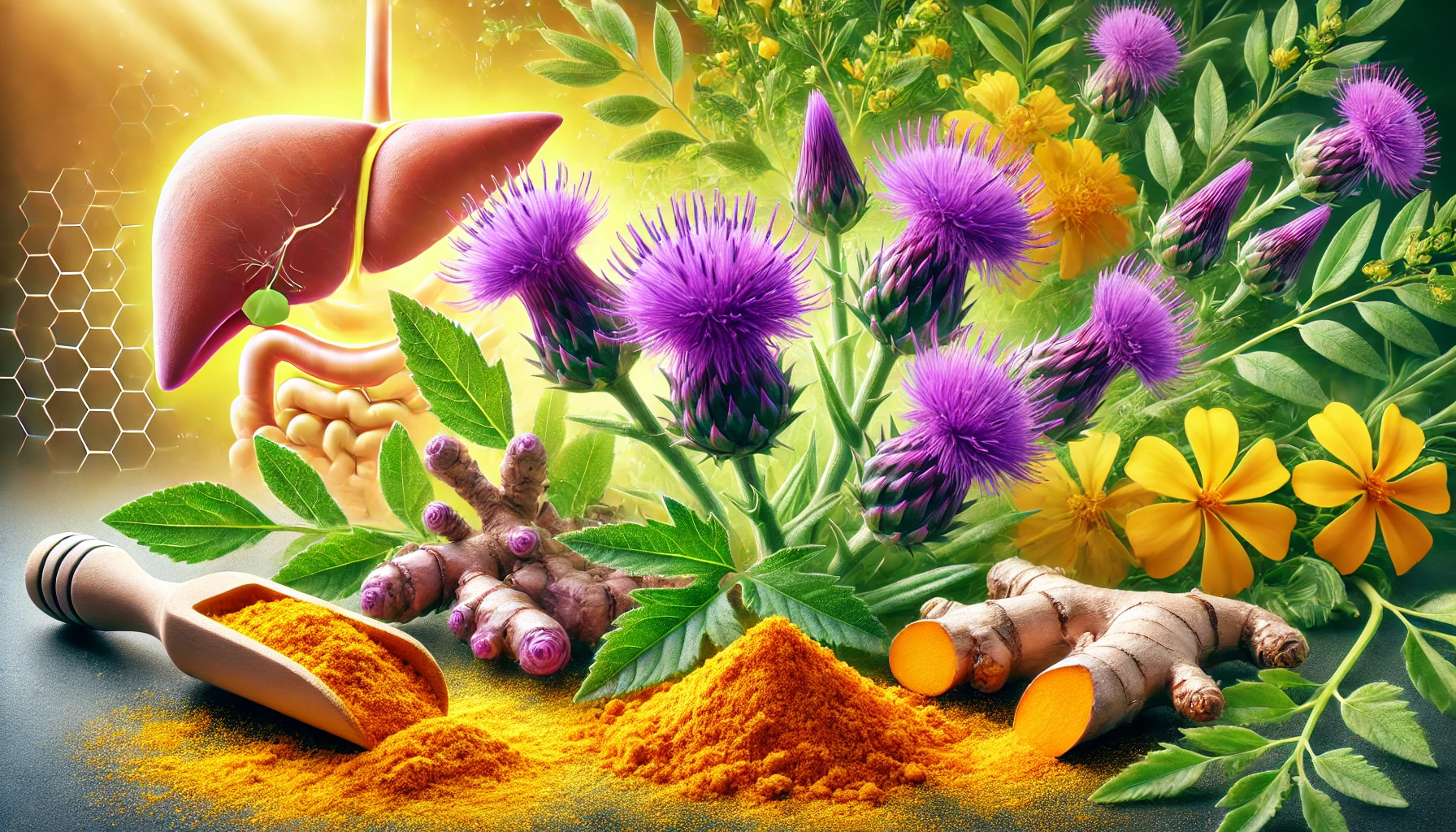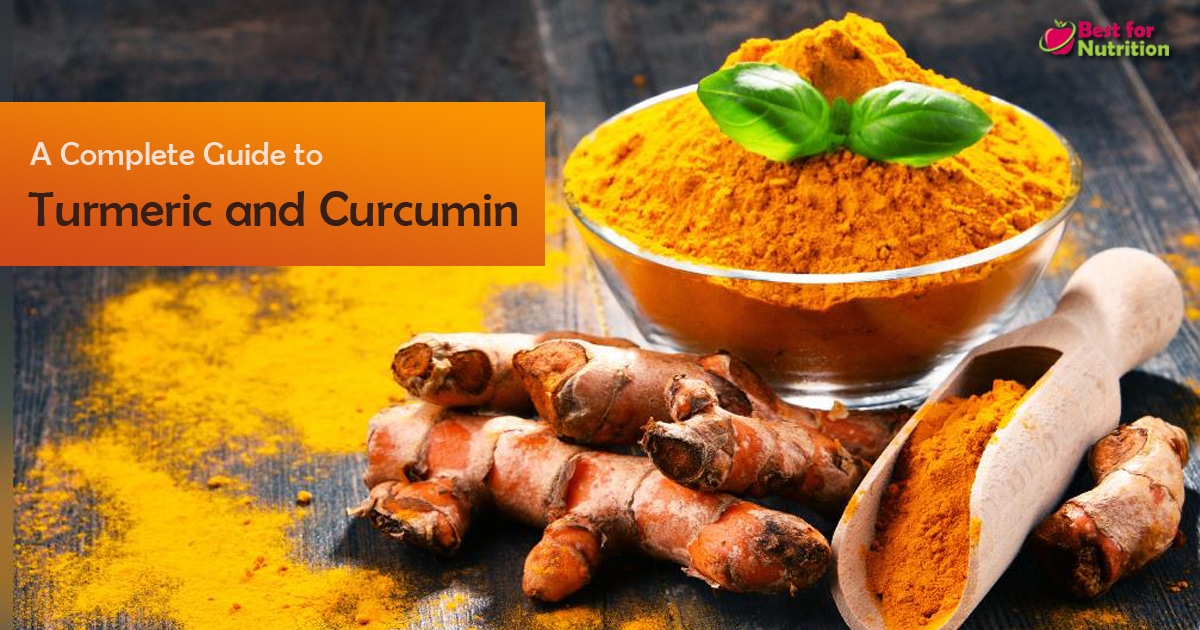Turmeric is a well-known spice that is extensively used in many parts of Asia.
The primary use of this root is for making culinary spice powders and herbal tonics. This condiment is used to add a beautiful yellow color to various Indian dishes.
Turmeric has many health benefits and has been in use for more than thousands of years now. It is also referred to as Indian Saffron for its unique yellow color (1).
Curcumin is the active ingredient found in turmeric. Curcumin is said to be the key to turmeric benefits and curcumin supplements are now fast gaining popularity (2).
In this article, we’ll examine the differences between turmeric and curcumin, their benefits, dosages, as well as, possible risks or side-effects. This will help decide which one is best suited for your needs: turmeric or curcumin!
- What are Turmeric and Curcumin?
- 7 Shared Benefits of Curcumin and Turmeric
- Health Benefits of Turmeric, not Attributed to Curcumin
- Curcumin can be More Beneficial than Turmeric in Certain Conditions
- Turmeric Vs Curcumin: Which is Better
- Dosage and Side Effects: Curcumin vs Turmeric
- FAQs
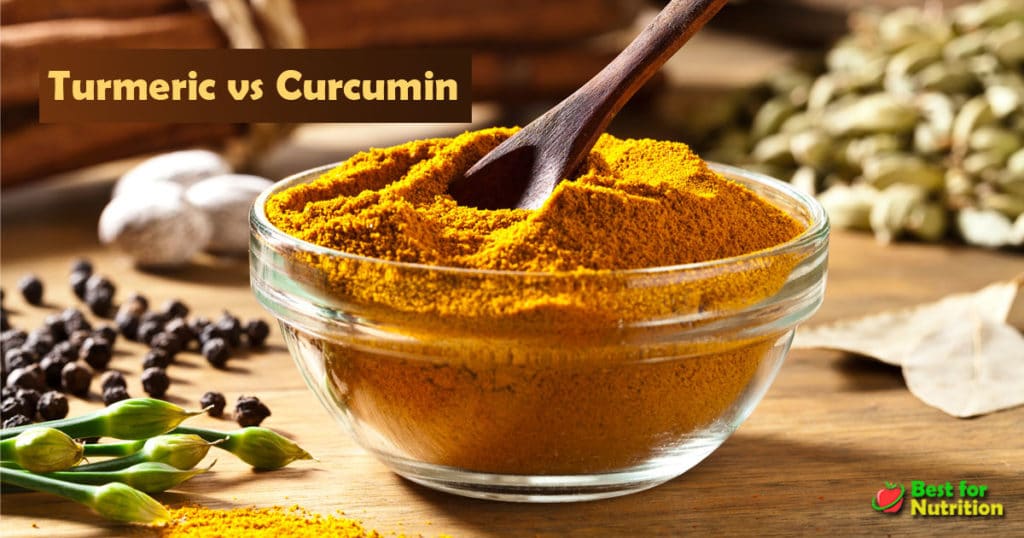
What are Turmeric and Curcumin?
Turmeric, a golden-yellow spice is obtained from the root of Curcuma longa. It belongs to the ginger family (3).
It is one of the main condiments used in Asian cooking. It’s widely used for its deep yellow color and the flavor it imparts to foods.
This very popular spice, from India, is considered a superfood that can fight and prevent several ailments.
In Ayurveda, turmeric is extensively used to treat a variety of diseases. It ranges from skin diseases to diabetes, digestive issues, and even symptoms of Parkinson’s disease. It is a prized medicinal spice (4, 5).
Within turmeric are curcuminoids, the potent compounds with the antioxidant, and anti-inflammatory properties. Curcumin, one of the curcuminoids, is shown to be the one responsible for most of the health benefits of turmeric (6).
About 2-8 percent of turmeric powder is curcumin (7). This gives turmeric its distinct color and flavor.
Summary: Turmeric is an Indian spice known for its medicinal properties that impart bright yellow colors in food. It contains phytochemicals that are very potent in fighting several diseases. Curcumin is one of them and is responsible for most healing properties.
7 Shared Benefits of Curcumin and Turmeric
Turmeric and curcumin have several medicinal properties that have shown to be of immense benefit.
It’s a Powerful Antioxidant
Curcumin in turmeric is an antioxidant.
Even though oxygen is needed for life, it also corrodes things. Molecules called reactive oxygen species (ROS) can “rust” the blood vessels and organs. Curcumin scavenges these ROS from the body and protects the body cells from oxidation.
Curcumin and turmeric boost your immune system response and helps fight viral infections such as cold and flu. Since ages, turmeric has served as a complementary treatment method for thyroid disease, fibromyalgia, and cancer (8).
Its antioxidant property fights the free radicals and prevents oxidative stress which is one of the primary reasons for these diseases.
Summary: Turmeric and curcumin are very potent antioxidants and help fight with virus and bacteria related diseases, by boosting your immune system.
Antibacterial and Antifungal Properties
Turmeric and Curcumin have strong antibacterial and antifungal properties that reduce the growth of several disease-causing bacteria and fungus. They work against a wide range of microbes which include Bacillus and Staphylococcus species (9).
Turmeric and curcumin can effectively break down the fungal cell membranes and can be used together with fungal medication for better results.
This effect is most significantly found against Candida sp. and Paracoccidioides brasiliensis (10).
Summary: Turmeric and curcumin have antibacterial and antifungal properties that prevent the microbes from causing disease. Regular intake can avert those incidences.
Reduces Inflammation
Turmeric is one of the best natural anti-inflammatories in the world. It inhibits chronic inflammation that is related to arthritis and skin conditions like psoriasis, eczema, and so on (11).
They successfully suppress the activities of white blood cells called macrophages that are primarily responsible for inflammation.
Studies have confirmed that turmeric is also beneficial in controlling the inflammation linked to asthma and allergies (12).
Summary: The anti-inflammatory property of curcumin and turmeric inhibits chronic inflammation resulting in preventing inflammation-related ailments.
Regulates Fat Metabolism
Turmeric and curcumin can target adipose tissue and inhibit their growth and differentiation (13).
They also regulate lipid metabolism and enhance insulin sensitivity resulting in weight loss.
Summary: Turmeric and curcumin regulates fat metabolism and inhibits the growth of fat cells thus reducing the risk of obesity.
May Lower the Heart disease Risks
Turmeric and Curcumin improve vascular endothelial function, which helps in easy blood flow through the vessels. This reduces the strain placed on the heart and lowers blood pressure, keeping a healthy heart. (14)
They also reduce LDL cholesterol, also known as ‘bad’ cholesterol, total cholesterol, and serum triglycerides resulting in reduced risk of heart disease (15).
Summary: Turmeric and curcumin prevent heart diseases by improving the blood flow in the vessels and reducing serum total cholesterol and LDL cholesterol that causes heart problems.
May Have Anti-Cancer Properties
Even though more studies are needed to confirm the effect of turmeric and curcumin on cancer, it has been shown that they may reduce the activity of colon and other cancer cells (16).
Curcumin inhibits cell proliferation and decreases cancer growth and progression. It has the strongest effects on breast cancer, bowel cancer, stomach cancer, and skin cancer cells.
Summary: Turmeric and curcumin have anti-cancer properties that suppress the growth of cancer cells by different mechanisms.
May Lower Blood Glucose Levels
Turmeric and curcumin have a hypoglycaemic effect and are capable of improving blood sugar metabolism. It reduces the effects of diabetes on the body by reducing the oxidative stress, because of its antioxidant effect.
Turmeric, especially curcumin, has been shown to improve insulin function. It reduces insulin resistance by supporting the insulin to get into cells. Curcumin also protects the beta cells which produce insulin in the body (17).
Studies found that beta cells grew much faster and lived longer in rats who had turmeric or curcumin (18).
Summary: Turmeric and curcumin boosts the beta cells and improves insulin function that results in lowering the blood glucose level.
Health Benefits of Turmeric, not Attributed to Curcumin
The various plant compounds in turmeric, work in harmony to support your body. They all have certain properties that positively benefit the body.
Curcumin is one of them and the most active amongst them all. However, others together often are much better than curcumin alone.
The antifungal property of turmeric when studied showed that all the phytochemical components including curcumin were able to inhibit fungal growth (19).
In fact, curdione, one of the components had the most inhibitory effect (20).
Therefore, though curcumin can inhibit or reduce fungal growth, turmeric with all other components, has a greater effect.
Another study observed that turmeric suppressed the growth of tumor cells better than curcumin alone (21).
Though more studies are needed that can directly compare the effects of each, turmeric does have certain benefits that aren’t only because of curcumin.
Summary: Turmeric has phytochemical components that are potent antioxidants and have antifungal properties. Even though curcumin is the most effective component and responsible for maximum health benefits, turmeric as a whole exerts a greater effect.
Curcumin can be More Beneficial than Turmeric in Certain Conditions
As mentioned above, curcumin is the most active ingredient in turmeric. It has strong anti-inflammatory, antibacterial and antifungal properties (22, 23).
This has led the researchers to isolate and examine it to check whether it could benefit certain conditions on its own as a supplement.
- Even though both turmeric and curcumin have shown to reduce blood sugar, curcumin has been found to be better in minimizing it.
- Curcumin lowers inflammatory markers which contribute to Type-2 diabetes (24). It can especially bring down the inflammatory markers such as tumor necrosis factor and interleukin 6 (IL-6) which highly contribute to type 2-diabetes.
- It also leads to insulin release resulting in lowering glucose effect.
- Curcumin may also reduce osteoporosis risk much better than turmeric because of its potent effect in suppressing cells responsible for inflammation.
Summary: Amongst all the active components in turmeric, curcumin has the maximum health benefits. When isolated and studied, it has shown better hypoglycaemic effect compared to turmeric.
Turmeric Vs Curcumin: Which is Better
As we keep unfolding the list of health benefits of turmeric, it is evident that most of it are because of curcumin.
Does that mean we should take curcumin instead of turmeric?
Even though the above-mentioned fact is true, most studies indicate that better benefits can be achieved when using turmeric and curcumin, as opposed to curcumin only.
In 2016, a review that was published in the Journal of Medicinal Food stated that turmeric extracts with 1 gram of curcumin per day had the greatest effect on joint arthritis (25).
It is important to note that turmeric has very poor absorption by itself. The addition of piperine (a substance in black pepper) has shown that it can increase curcumin’s absorption by nearly 2000 percent (26).
So, if you are going for a supplement, pick a formula that has black pepper with turmeric.
Also ensure that the product should have somewhere between 150-250mg of curcumin per serving, mixed with turmeric root fiber (27).
Summary: Even though curcumin is responsible for most health benefits, curcumin with turmeric is more beneficial. The addition of piperine increases the bioavailability.
Dosage and Side Effects: Curcumin vs Turmeric
The side effects of curcumin and turmeric have been found mild and very rare.
The most common reactions are skin rash, nausea, gut disorder, digestive issues, headache, or problems with blood clotting (28).
Curcumin has anticoagulant properties. Thus if you’re pregnant or nursing, it’s recommended to avoid turmeric as it leads to blood thinning and iron deficiency.
It is indicated that curcumin is safe and can be included up to a dosage of 8,000mg. Although, a high dosage of turmeric consumption doesn’t show any significant benefits.
A product containing ground turmeric along with piperine (black pepper) and 150-250 mg of curcumin, per serving is ideal for daily use.
Summary: Curcumin and turmeric haven’t shown much side effects. Minor reactions have been recorded which includes stomach disorders and skin rashes. Curcumin and turmeric may also lead to iron deficiency in some people.
Frequently Asked Questions (FAQs)
Is it Safe to Take Curcumin Daily?
Having high doses of turmeric and curcumin is not advisable for the long-term. The World Health Organization (WHO) has recommended a dosage of 1.4 mg per pound or 0 – 3mg/kg of body weight as an acceptable amount of daily intake (29).
What are the Side Effects of Taking Excess Curcumin?
Some people have complained of side effects after taking high doses of curcumin. The most common being headaches and nausea. Some have developed mild skin rashes that have healed in due course of time. But, there has been no instance of any major problems. More studies are needed on this topic to confirm the same.
Who Should Not Take Turmeric?
People with iron deficiency should have turmeric with caution. Patients due for surgery can limit the turmeric intake, as it might slow blood clotting.
How Much Curcumin is There in The Turmeric Spice?
Curcuminoids are found in small quantities in turmeric spice. Around 500 to 1,000 milligrams are required to get the anti-inflammatory effect. One fresh spoon of ground turmeric has nearly 200 milligrams of curcumin.
The Final Note
We have seen the health benefits offered by the turmeric spice. The ideal way to include turmeric in your diet is by adding the spice to your food.
Curcumin is one of the bioactive compounds in turmeric which is responsible for turmeric’s array of health benefits. As its percentage is quite less in turmeric, to enjoy its benefit we need to consume a lot of turmerics.
That may not be the easiest of tasks sometimes.
Curcumin supplements are a great way to include if you face challenges in adding turmeric to your daily diet. These supplements offer excellent benefits and are more effective when compared to taking turmeric powder.
The curcumin supplements are enriched with piperine to help with its bioavailability.
It is advised to consult your physician in case you would like to include the curcumin supplements in your diet. Otherwise, you can reap the benefits of turmeric by adding it to your favorite dishes.

